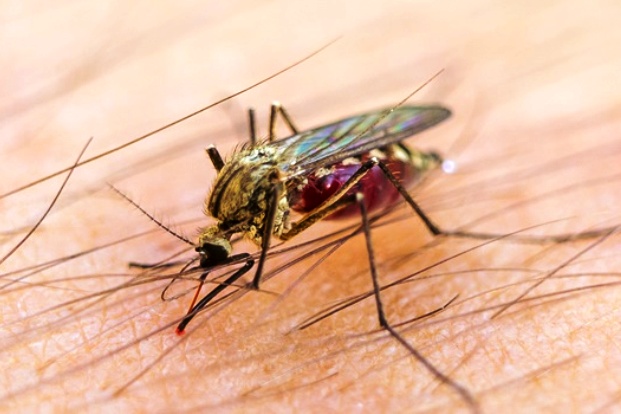Is Malaria Contagious?
Apr 19, 2022
Malaria is an infectious disease caused by parasites that invade red blood cells. The protozoan parasites are among various species of the genus Plasmodium. This malaria parasite is transmitted by mosquitoes to humans through mosquito bites. Malaria is characterized by cycles of chills, high fever, and sweating.

Is Malaria Contagious?
No, malaria is not contagious. Malaria is not spread from people to people and is not sexually transmitted. Malaria is not a contagious disease and does not spread through casual contact or through kissing. It is not considered as a sexually transmitted disease. Malaria is transmitted from mosquitoes to humans. There is one strain of the parasite Plasmodium, P. knowlesi, that can be transmitted from monkeys by mosquitoes to humans and is termed zoonotic malaria.
The time duration from initial parasite infection to the appearance of symptoms varies according to the particular species of Plasmodium that infects an individual. Such as P. malariae ranges from about 18-40 days, while P. falciparum ranges from nine to 14 days, and 12-18 days for P. vivax and P. ovale.
Signs and Symptoms associated with Malaria:
Initial symptoms of malaria may include shaking chills, high fevers, sweating, headaches, nausea and vomiting, anemia, and/or diarrhea.
Diagnostic investigations include microscopic examination of the blood for the presence of parasites, serology, PCR testing, and other tests that determine if the parasite is resistant to certain drugs. Malaria is not transmitted people to people. It is an infectious disease and it is not communicable in most instances to uninfected individuals. It is possible to transmit malaria through blood transfusions, to a fetus, or by organ donation. However, control measures have markedly reduced such transmissions.








